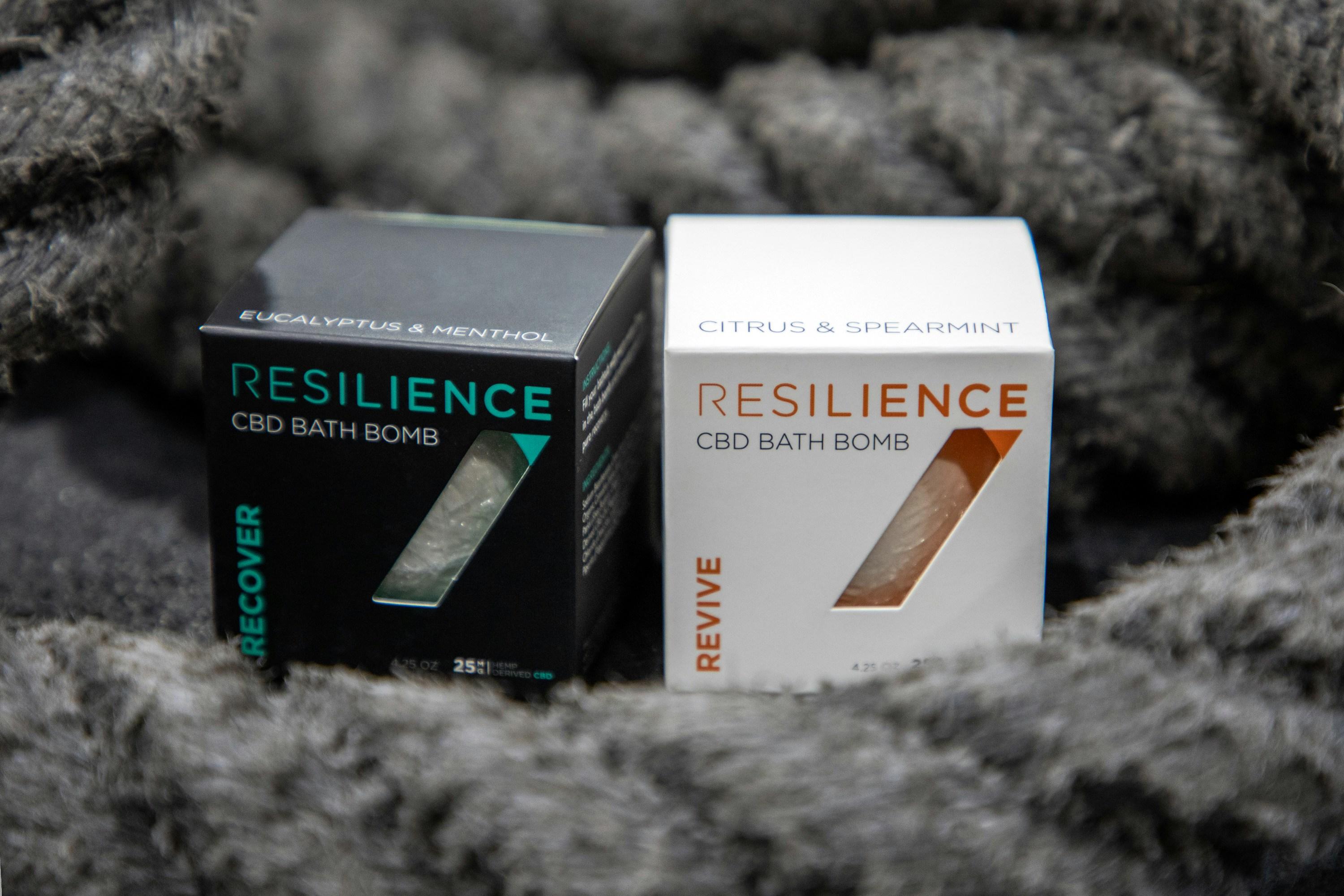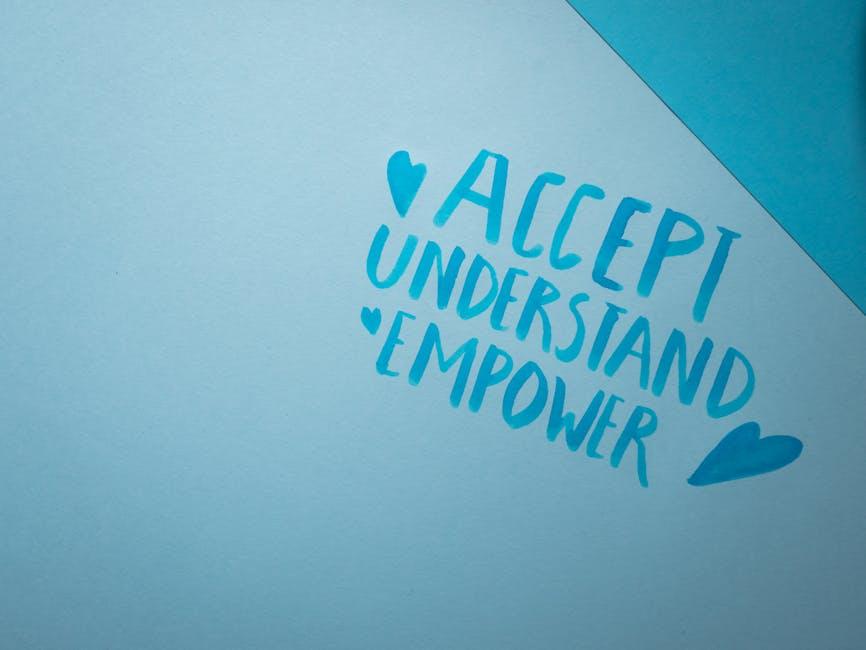In the fast-paced whirlwind of modern life, emotional well-being often takes a backseat, quietly nudging us from the shadows as we navigate through our daily routines. Yet, it is the silent cornerstone of our overall health, influencing how we think, feel, and act. As the world grows increasingly complex, finding balance within becomes a vital pursuit. This article delves into a myriad of techniques designed to enhance emotional well-being, offering a sanctuary of strategies to help you nurture your inner world. From ancient practices to cutting-edge innovations, these approaches provide a tapestry of options to suit diverse needs, guiding you toward a more harmonious and fulfilling existence. Whether you’re seeking tranquility amidst chaos or striving to deepen your emotional resilience, these techniques offer a pathway to rediscovering the peace and vitality that lie within.
Cultivating Mindfulness for Inner Peace
In our fast-paced world, embracing mindfulness can be a gateway to enhancing emotional well-being. By focusing on the present moment, individuals can foster a deeper connection with their thoughts and emotions, leading to a more balanced and peaceful state of mind. Mindfulness practices can be integrated into daily life with ease and simplicity. Here are some effective techniques:
- Mindful Breathing: Allocate a few minutes each day to focus solely on your breath. Inhale deeply, hold for a moment, and exhale slowly. This simple practice can ground you, easing anxiety and stress.
- Body Scan Meditation: This involves mentally scanning your body from head to toe, acknowledging any tension or discomfort. By doing so, you become more aware of your physical state, promoting relaxation and release of stress.
- Gratitude Journaling: Take a few minutes each day to jot down things you are grateful for. This practice shifts focus from negative to positive, enhancing emotional resilience and contentment.
- Mindful Walking: During a walk, pay attention to the sensations in your body and the environment around you. Feel the ground beneath your feet and notice the rhythm of your steps, which can help clear your mind and boost your mood.
By incorporating these mindfulness techniques into your routine, you can nurture a tranquil mind and cultivate a sense of inner peace, ultimately leading to improved emotional well-being.

Harnessing the Power of Gratitude
Embracing gratitude can significantly enhance emotional well-being by shifting focus from what we lack to what we have. This simple yet profound practice fosters a sense of abundance and contentment. Consider starting a daily gratitude journal where you can jot down three things you’re thankful for each day. This exercise not only helps you recognize the positives in your life but also trains your mind to see the good in challenging situations.
- Mindful Reflection: Set aside a few minutes each day to reflect on what went well and why. This intentional pause encourages a deeper appreciation for daily moments that often go unnoticed.
- Gratitude Letters: Write a letter to someone who has had a positive impact on your life. Whether you send it or not, this act of expressing thanks can uplift your spirits and reinforce connections.
- Visual Reminders: Place visual cues around your home or workspace, like photos or notes, to remind you of the people and experiences you’re grateful for.
Integrating these practices into your routine can gradually transform your mindset, helping you cultivate a resilient and positive outlook on life.

Building Resilience Through Positive Relationships
Positive relationships are the bedrock of emotional resilience, acting as a supportive network that encourages growth and strength. Establishing and nurturing these connections requires conscious effort and openness. Here are some techniques to enhance your emotional well-being through meaningful interactions:
- Practice Active Listening: Show genuine interest in others by giving them your full attention, asking thoughtful questions, and reflecting on what they say.
- Express Gratitude: Regularly acknowledging and appreciating the efforts of those around you fosters a sense of belonging and mutual respect.
- Engage in Empathetic Communication: Aim to understand and validate the emotions of others, even when you disagree, to build a deeper emotional connection.
By integrating these practices into daily life, you can cultivate relationships that not only support your emotional well-being but also empower others to thrive.

Nurturing Emotional Intelligence for Personal Growth
Emotional intelligence is a cornerstone of personal growth, offering a deeper understanding of oneself and others. To cultivate this essential skill, one can begin by developing self-awareness, which involves recognizing and understanding your emotions and their impact on your thoughts and actions. This can be achieved through mindfulness practices, such as meditation or journaling, which encourage introspection and self-reflection.
- Practice active listening to enhance empathy and build stronger relationships.
- Identify and challenge negative thought patterns to foster a more positive mindset.
- Set emotional boundaries to protect your mental health and maintain balance.
- Engage in regular self-care routines to nurture your emotional well-being.
Another key component is emotional regulation, which can be improved by learning stress management techniques such as deep breathing or progressive muscle relaxation. By adopting these practices, you can navigate life’s challenges with resilience and grace, ultimately leading to a more fulfilling and emotionally balanced life.





























